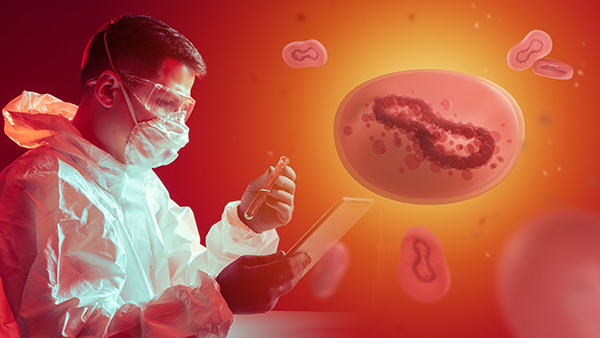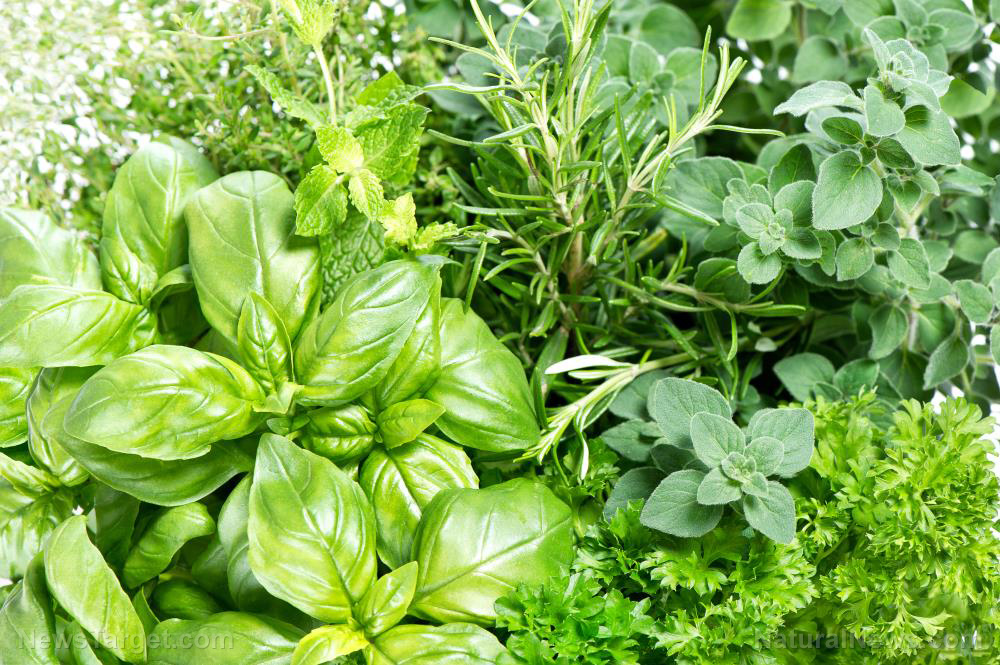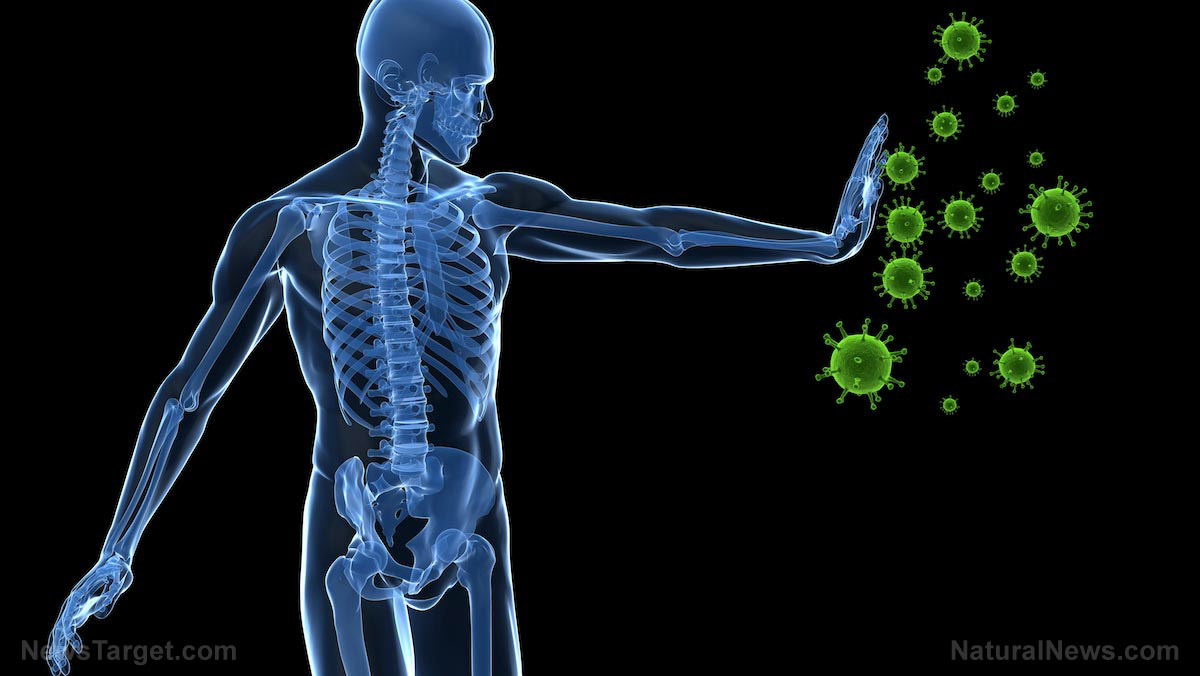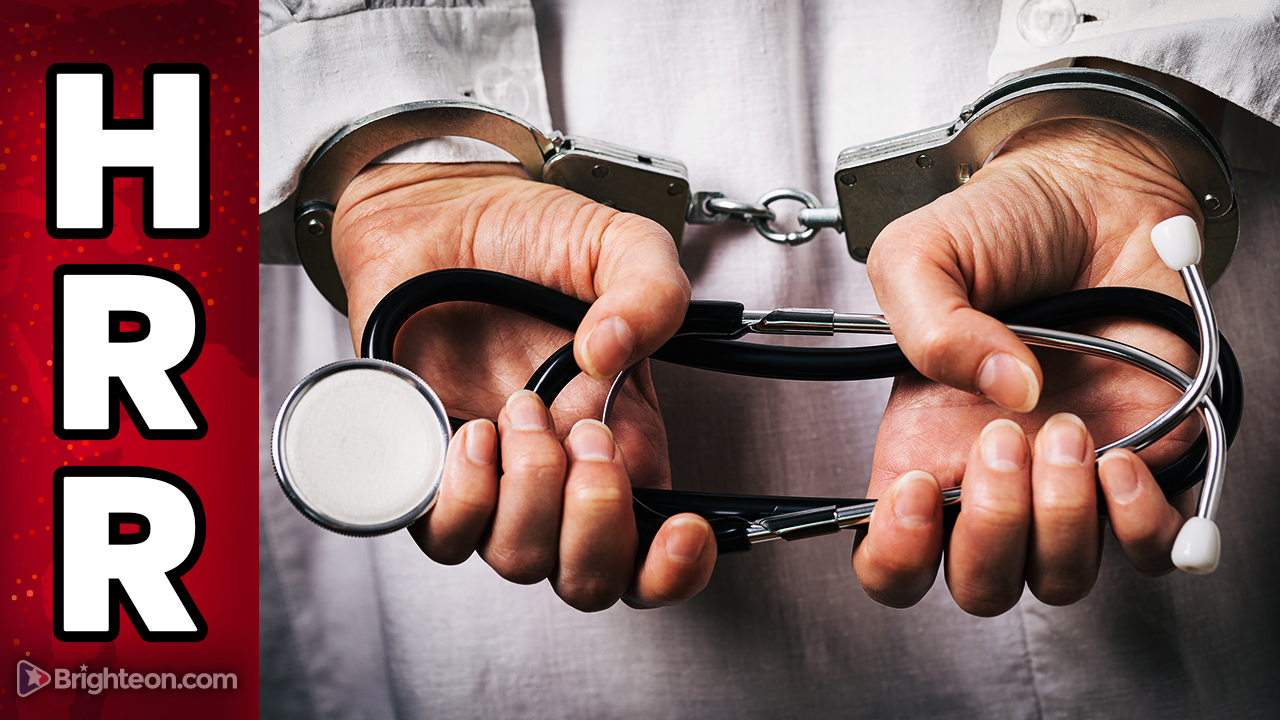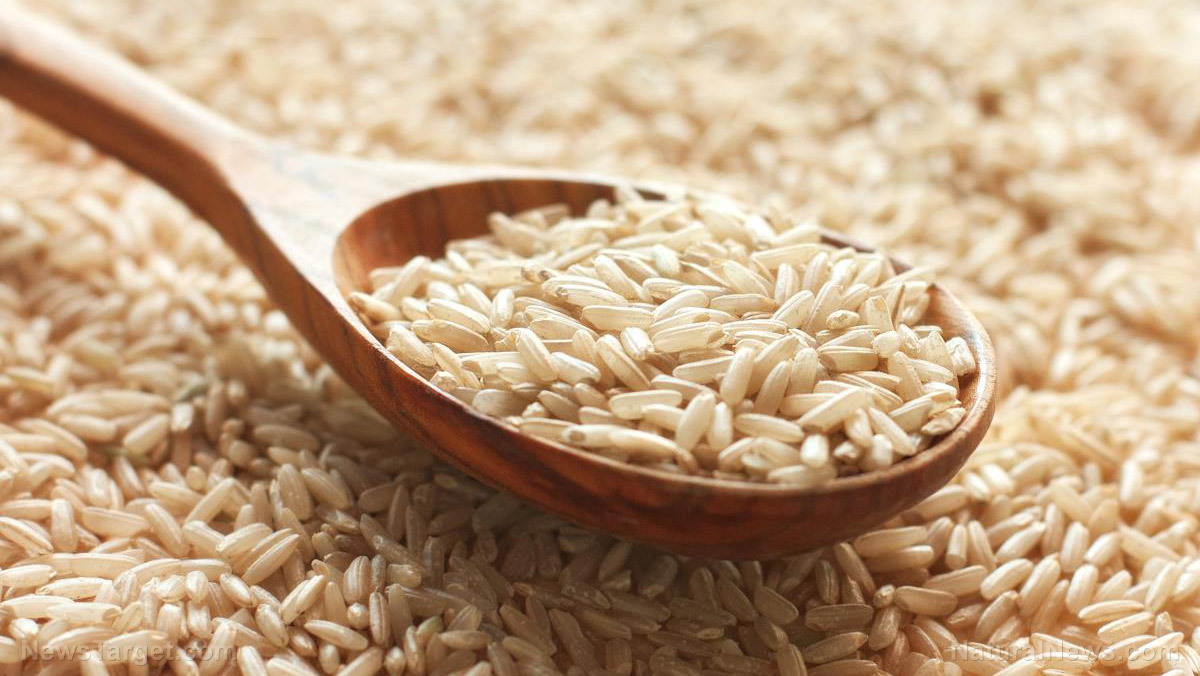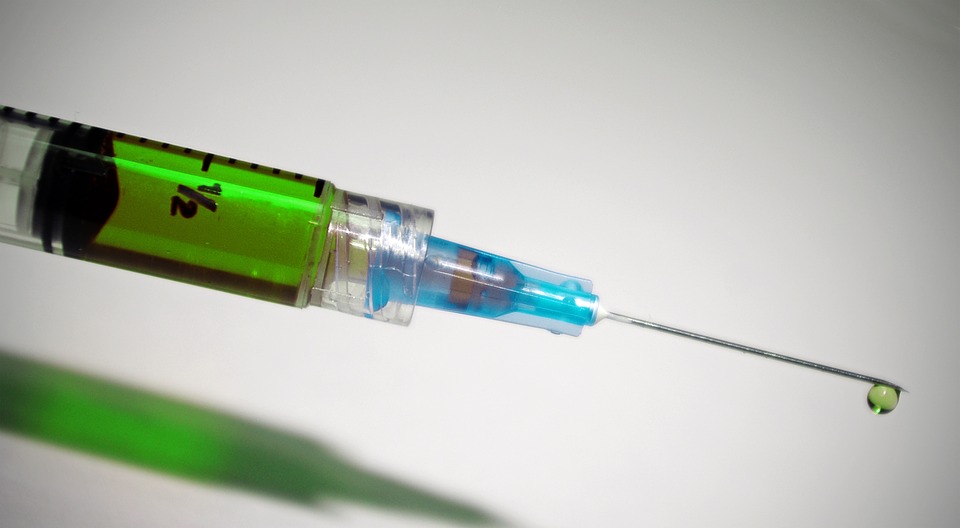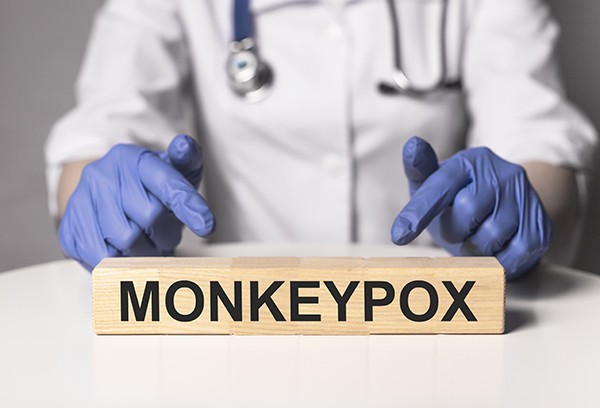Study: People who drink coffee have lower risk of early death
06/02/2022 / By Zoey Sky

Many people often start their day with breakfast and a cup of coffee (or two). According to a study published in the journal Annals of Internal Medicine, these people may have a lower risk of early death.
According to the British Coffee Association, an estimated 98 million cups of coffee are consumed every day in the United Kingdom. Meanwhile, the National Coffee Association reported that in the U.S. people drink as much as 517 million cups of coffee daily.
Earlier studies have suggested that coffee may offer some health benefits, with coffee drinking associated with a lower risk of health problems like chronic liver disease, certain cancers and dementia.
Coffee consumption and risk of death
In the study, researchers in China have discovered that those who consumed a moderate amount of coffee every day, whether sweetened with sugar or not, had a lower risk of death over a seven-year period compared to those who didn’t.
The research team reported similar results for people who drank instant, ground and decaffeinated coffee.
The study is based on data from over 171,000 participants of the U.K. BioBank, which collected genetic, lifestyle and health information from at least 500,000 people since it began in 2006. The data gathered also included details of the volunteers’ coffee-drinking habits.
The scientists analyzed data from death certificates to track the volunteers for a median period of seven years from 2009, during which 3,177 people died.
After taking into account factors such as age, sex, ethnicity, educational level, smoking status, levels of physical activity, body mass index (BMI) and diet, the researchers discovered that the volunteers who drank unsweetened coffee had the lowest risk of death, compared with those who didn’t drink any coffee.

The greatest reduction or a 29 percent lower risk of death was observed in people who consumed between 2.5 and 4.5 cups of coffee a day.
Reductions in the risk of death were also seen for coffee sweetened with sugar, at least in people who consumed between 1.5 and 3.5 cups a day. The trend was less clear among those who used artificial sweeteners.
The study questioned volunteers about coffee drinking and other habits only once and relied on self-reporting.
Most of the volunteers who used sugar added only a spoonful to their drink. This means that it is uncertain if the results would hold for specialty coffees that usually have a high sugar content.
Conclusions are far from definitive, but moderate coffee drinking does offer benefits
Naveed Sattar, a professor of metabolic medicine at the University of Glasgow who was not involved in the work, said that the “observational nature of this new study means these conclusions are far from definitive.”
Sattar thinks that this could be because coffee drinkers are generally more affluent and have healthier lives compared to non-drinkers. According to Sattar, he is not sure “whether these factors can be overcome in observational studies.”
He advised people to drink coffee or tea without sugar while also maintaining healthy habits, like following a healthy diet, exercising regularly and maintaining good sleep habits.
In an accompanying editorial, Dr. Christina Wee, deputy editor of the journal, said that the findings were not conclusive. However, she acknowledged that drinking coffee, whether unsweetened or with a modest amount of sugar, is “not harmful for most people.” (Related: Study: Coffee drinkers have higher levels of anti-inflammatory gut bacteria.)
Healthy ways to enjoy coffee
Coffee is full of the essential nutrients naturally found in coffee beans.
An eight-ounce (240-ml) cup of coffee contains:
- Vitamin B2 (riboflavin) – 11 percent of the daily value (DV)
- Vitamin B5 (pantothenic acid) – 6 percent of the DV
- Vitamin B1 (thiamine) – 2 percent of the DV
- Vitamin B3 (niacin) – 2 percent of the DV
- Manganese – 3 percent of the DV
- Potassium – 3 percent of the DV
- Magnesium – 2 percent of the DV
- Folate – 1 percent of the DV
- Phosphorus – 1 percent of the DV
This may not seem like a lot, but if you multiply it by the number of cups you drink per day it can add up to a significant portion of your daily nutrient intake.
But just because coffee is healthy doesn’t mean all coffee-based drinks are.
Here are some tips that will make sure your daily cup of joe is a healthy one:
Measure your milk or creamer before you pour it into your coffee
When you add too much milk or creamer, your coffee becomes less healthy.
You can prevent this by measuring out a serving of cream or your favorite creamer to get a visual. If you pour the milk or creamer directly into your cup, you may be using two to five times more when you only need one serving.
Measure how much sugar you’re adding
Ideally, you should drink coffee unsweetened to limit your sugar intake.
But if you can’t drink coffee without a bit of sweetener, measure how much sugar you’re adding to keep things in moderation. Don’t use more than one teaspoon of sugar.
Use natural flavorings instead of sugary flavorings
Instead of using store-bought sugary flavorings with artificial ingredients and added sugar, use real ingredients like vanilla. Instead of sugar, you can use a bit of honey or maple syrup.
Use a low-calorie, natural sweetener
You can sweeten up your coffee without adding excess sugar and calories by using low-calorie natural sweeteners such as stevia or monk fruit.
While the study findings are promising, remember to drink coffee moderately and avoid using too much sugar to enjoy the health benefits linked to coffee consumption.
Watch the video below to know more about seven coffee brewing methods and their benefits.
This video is from the Natural Remedies channel on Brighteon.com.
More related stories:
Guys, your cup of joe comes with compounds that fight prostate cancer.
8 Natural ways to make gut-friendly coffee.
Sources include:
Submit a correction >>
Tagged Under:
aging secrets, coffee, early death, food is medicine, food science, functional food, health science, longevity, natural medicine, premature death, prevention, research
This article may contain statements that reflect the opinion of the author





